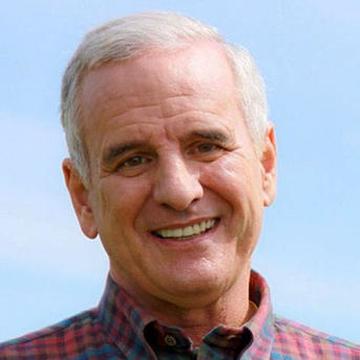Cross-Sector Initiatives Should Start Small

“Getting stuck in the overwhelm” is just one of the obstacles facing cross-sector collaborations. How do these social change initiatives get unstuck?
Vanessa Laird, Kathy Quick, and Myles Shaver of the Center for Integrative Leadership at the University of Minnesota developed an agenda-setting process for cross-sector initiatives that helps them identify an intervention, then test and evaluate it in a relatively short period of time. Like Lean Startup methodology, their “minimum viable benefit” (MVB) process takes a structured experimentation approach.
The process consists of several questions that ask team members to think about who they are, in terms of what they each can contribute to the goal; why they are doing this work; and what other projects exists that they can draw inspiration from in order to establish an MVB to iterate upon and scale to achieve their desired goal.
“Independent of its success or failure, each MVB can generate resources—better information, a more compelling problem definition, partial successes—that can make successive efforts stronger. Social innovation requires such collaborative persistence.”
Learn how you can use this step-by-step guide to agenda-setting in cross-sector collaborations, recently published in the Stanford Social Innovation Review:
Shared Leadership Lab

Center for Integrative Leadership Co-Academic Directors Kathy Quick and Myles Shaver and Senior Fellow Vanessa Laird are among the interdisciplinary team of principal investigators for the Shared Leadership Lab research project, which began in the 2016-17 academic year. Akosua Addo (College of Liberal Arts) also served as a Principal Investigator. This research was made possible by the University of Minnesota’s Grand Challenges Research Initiative.
The research analyzes success factors from hybrid governance as well as organizational and funding models to address complex societal challenges. These models vary in both form and application, including, for example, inter-governmental or public-private collaborations, community-state task forces and social enterprise organizations. Using common survey and interview methodologies, the Lab provides a unique site for developing comparative analysis and actionable guidance regarding shared leadership and its success factors.
This research helps guide scholarship and interdisciplinary research processes – indicating how and where to engage most effectively to maximize impact.
Interviews: Insights for Leaders from Former MN Governor Mark Dayton

Former Minnesota Governor and U.S. Senator Mark Dayton was a Center for Integrative Leadership Executive Leadership Fellow from 2019 to 2021. Dayton was governor of Minnesota for eight years, leaving office in January 2019. During his 40-year career in public service Dayton was also elected a United States senator and Minnesota state auditor, and served in a variety of other capacities in state government.
During his time as an executive leadership fellow, Dayton generously shared his insights into public service leadership with students, faculty, and other interested learners. In a series of interviews with the Center’s Academic Co-Director Professor Kathy Quick in late 2019, Governor Dayton discussed his approach to leadership in greater length, addressing topics such as conflict, the use of evidence, leadership styles, and exercising judgment.